The Fear Factor
November 30, 2021
Have you ever wondered what a horror movie is? This genre of movie is normally designed to invoke fear in the audience, usually with a threat that serves the purpose of causing distress and discomfort. The movie will normally have an overall theme of evil often portrayed through a character that makes the viewer feel disgusted. Although these kinds of movies don’t appeal to some, that isn’t the case to many.
People’s love of horror movies is obvious when it comes to looking at statistics. For example, according to the Internet Movie Database, Stephen King’s ‘It’ adaptation was one of the highest grossing films in 2017 making over 701 million dollars in worldwide box office sales. While thrillers may not be everyone’s first choice, there is a considerable amount of people that really enjoy them. In fact, when a class of TL students were asked to raise their hands if they liked horror films, the vast majority of the class’s hands went up immediately.
When asked why students were unable to answer because they didn’t know the science behind the matter. According to many psychiatrists and film professionals, there are reasons why people love being scared by movies that go deeper than simply amusement. One theory, known as the “The Beast Within,” suggests that while the watchers condemn the actions of the antagonist, a part of them is also fascinated and interested in the evil beings motive and backstory. This theory is taught by the film and media studies program director and Tufts University. An alternate idea theorizes that the people who like this genre are a form of adrenaline junkies. This theory implies that people who are fans of roller coasters, skydiving, and other thrill seeking activities will more often than not be fans of horror. This argument was confirmed through an experiment on people’s skin conductance while watching a scary movie. Skin conductance is the body’s emotional response to triggers, like flashing lights, being scared, and opening of the eyes. The higher the conductance, the more intense the reaction. The conductance is measured on the hand and is often shown externally through sweating. While the subjects of the experiment watched a clip from a thriller, their skin conductance increased the same way it would if they were to experience another thrill. This shows that while people may say they like this genre for one reason or another, it ultimately comes down to the psychological and physiological makeup of a person.
What aspects of these movies are so interesting to viewers? Do horror fans get entertainment from being scared or are they fond of these movies because they don’t find them terrifying? To get a more personal answer to these questions, we had to ask horror enthusiasts themselves. All interviewees agreed that the thing that hooked them onto these scary films was the plot. They also shared that they really enjoyed the jumpscare aspect. One student stated that he enjoys them even though sometimes they achieve their goal and frighten him. Alternatively another student said “I find them kind of funny.” when asked the same question. So people enjoy plots, as well as jumpscares. But that still leaves the why. We’d like to hear from you!


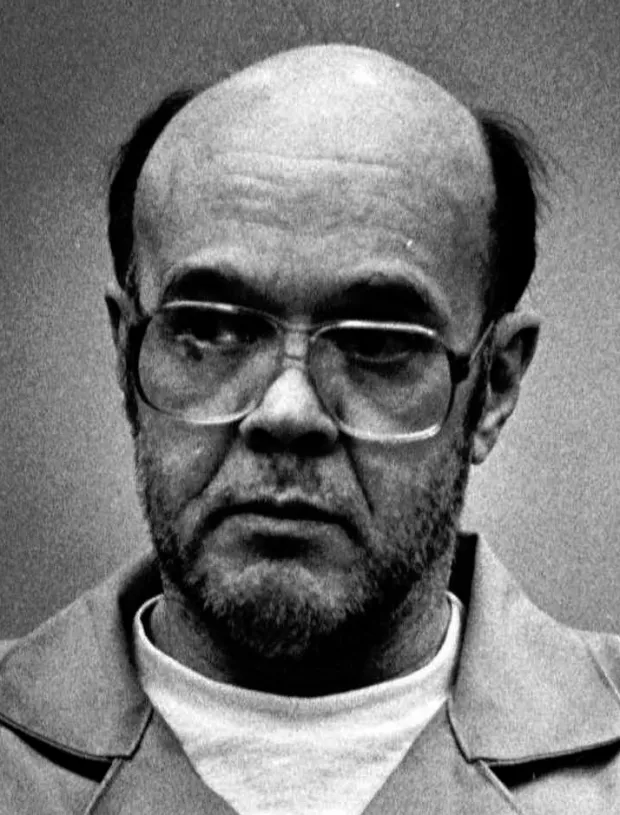

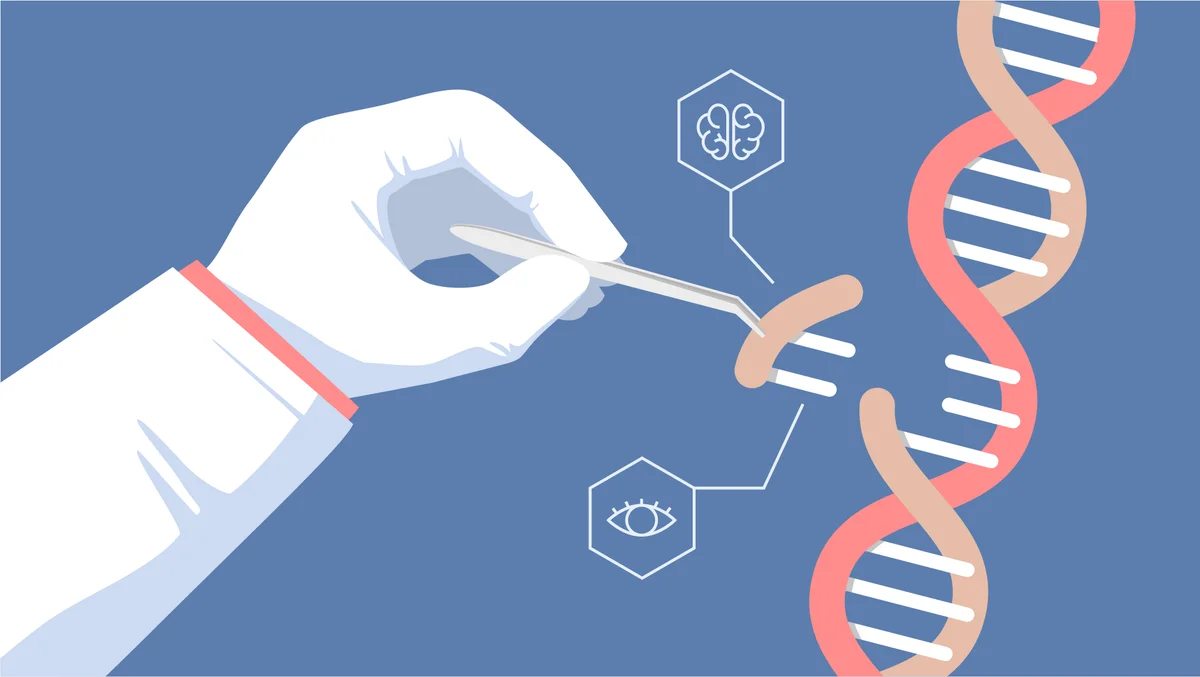








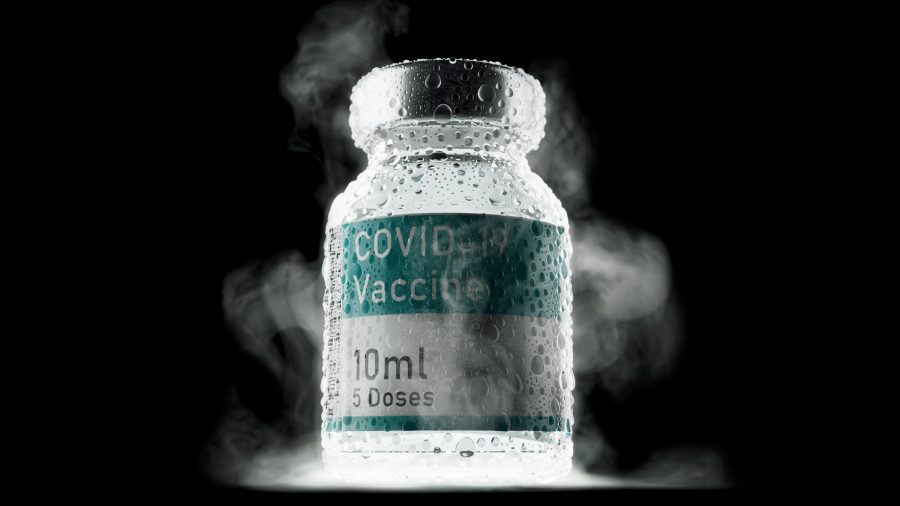









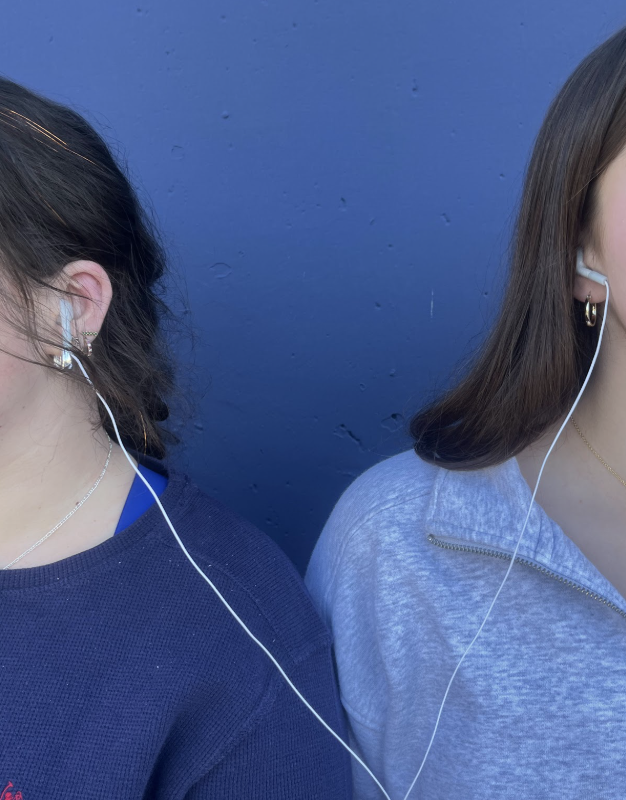




























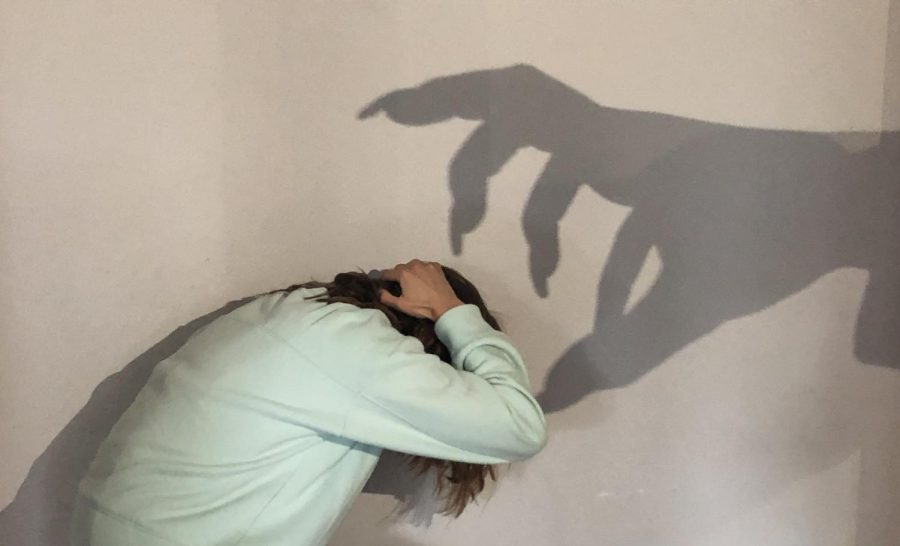





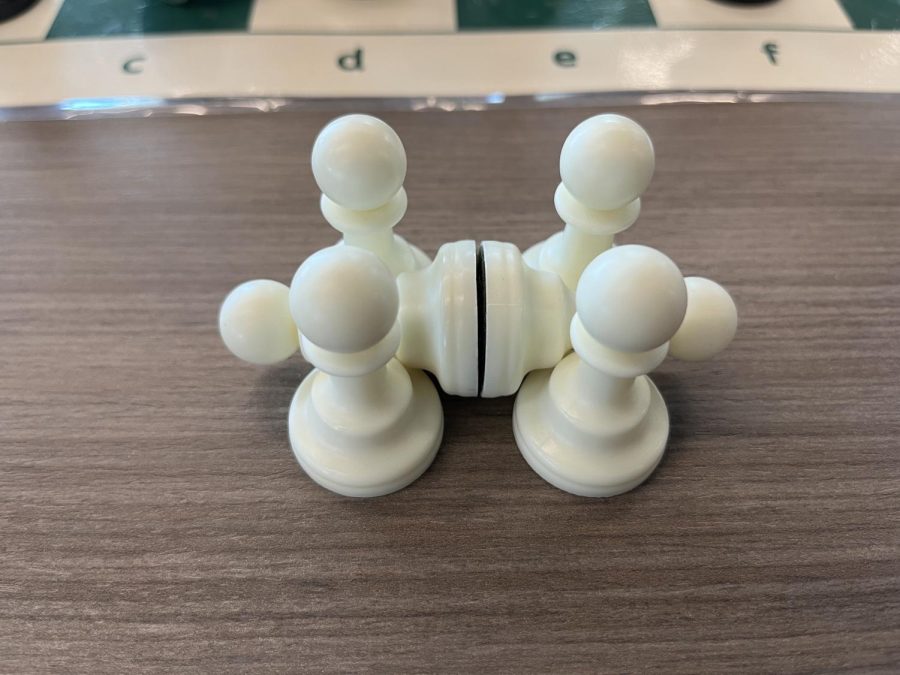












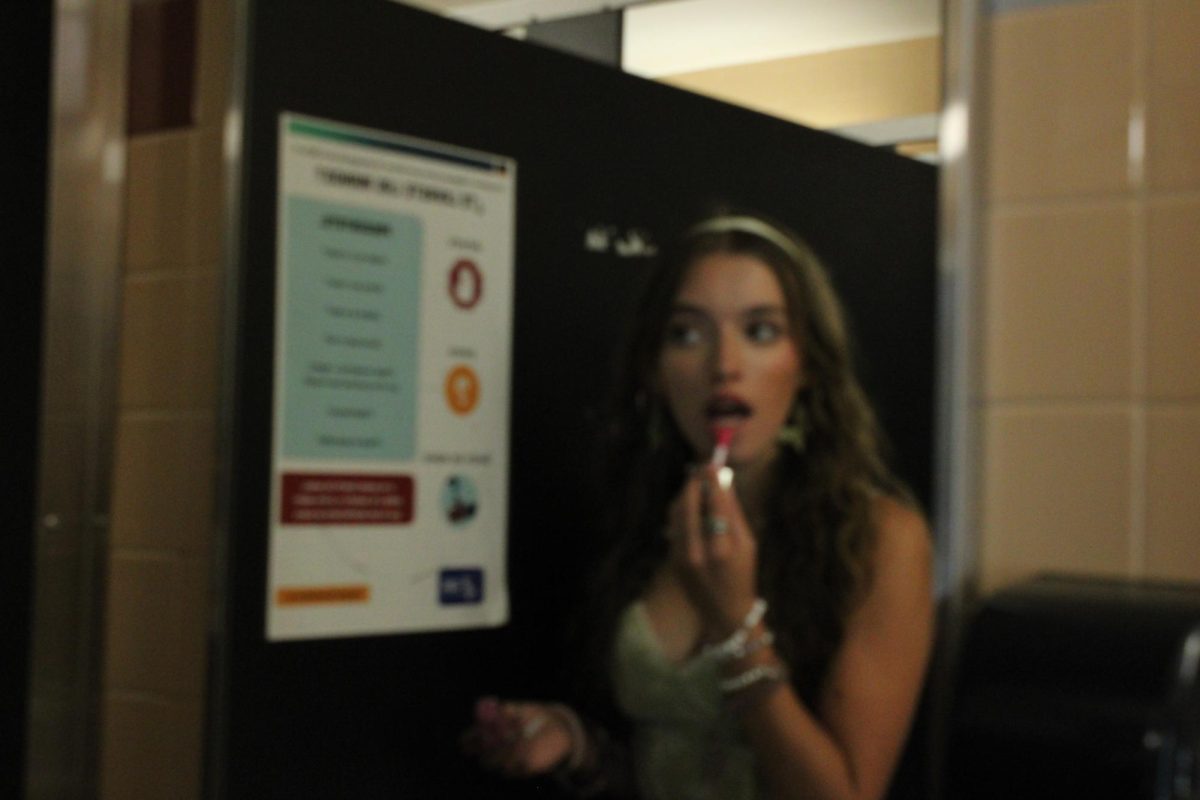














Tod • Dec 9, 2021 at 2:38 pm
Very interesting!
Terry • Dec 9, 2021 at 9:04 am
Woah this is so cool!